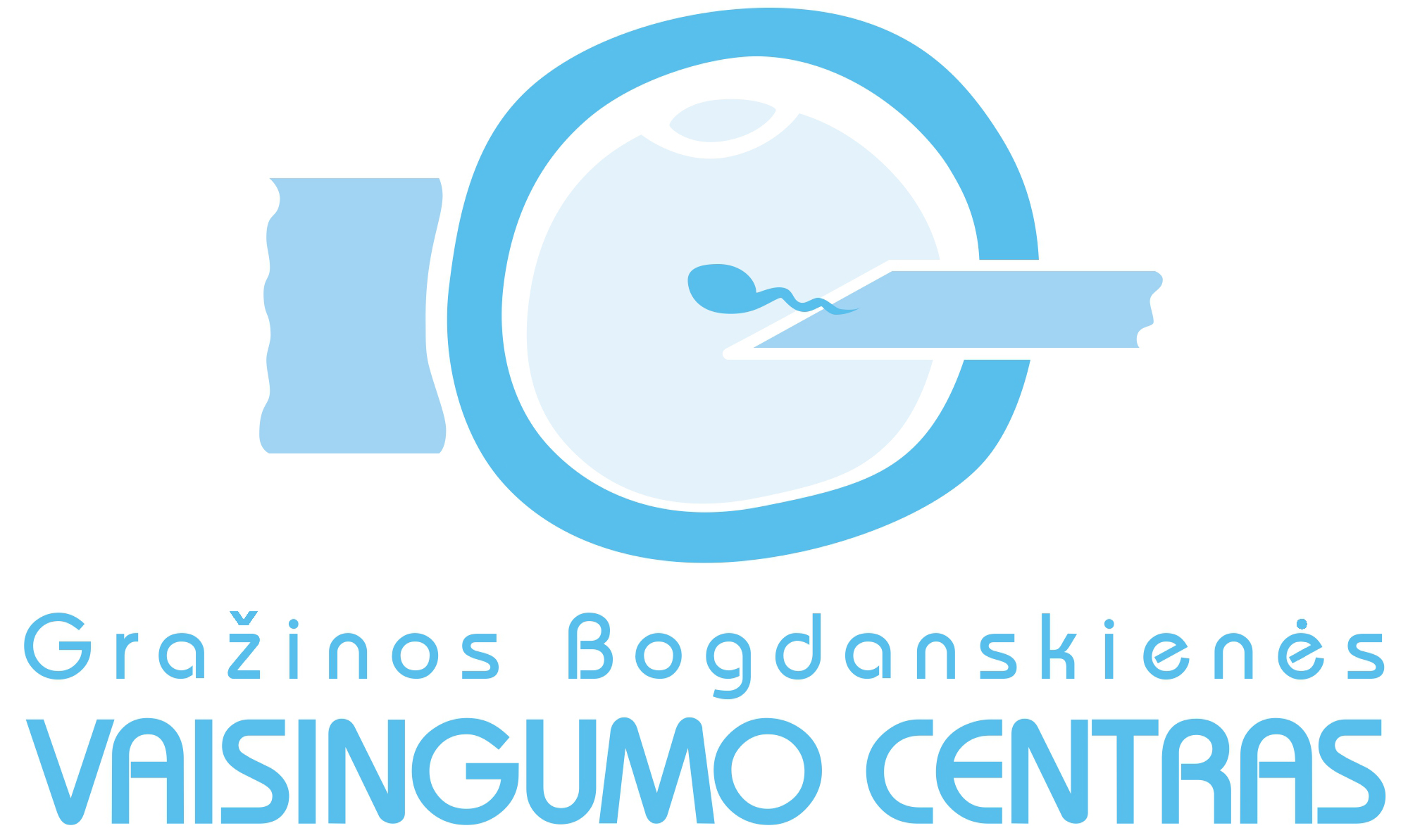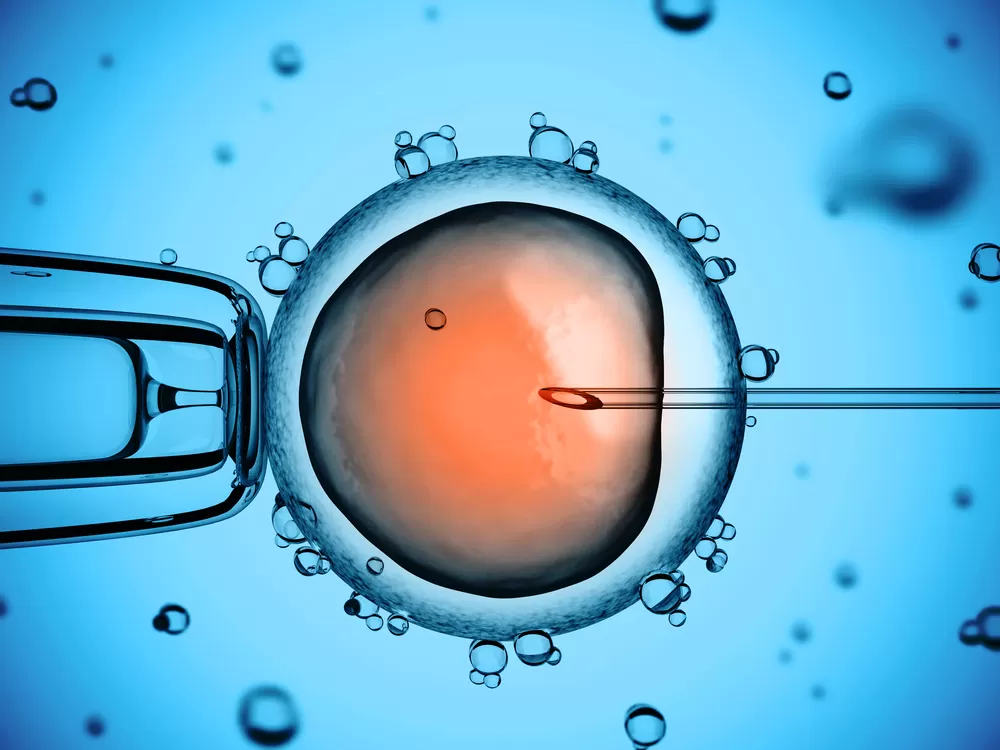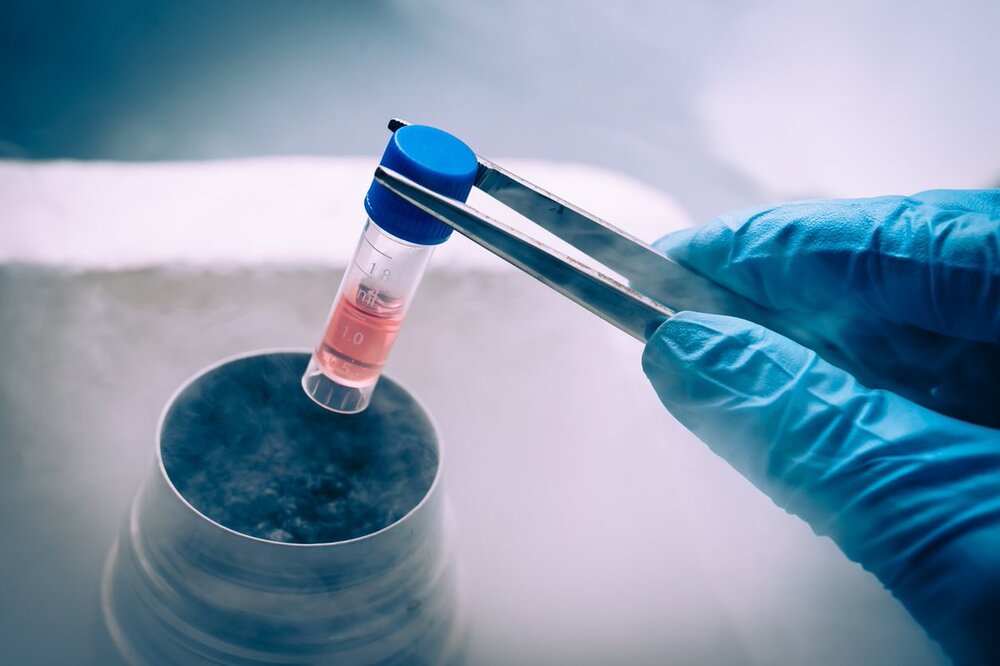When expecting a baby, the most important thing is to feel safe and confident. At our center, we provide personalized, attentive, and modern prenatal care — from the first weeks of pregnancy through to childbirth.
Our goal is not only to monitor your pregnancy medically, but also to create a sense of emotional safety, to answer your questions, to listen, and to support you every step of the way.
What we offer:
- Consultations with an obstetrician-gynecologist throughout pregnancy,
- Ultrasound examinations,
- Genetic testing,
- Blood and urine tests according to the stage of pregnancy,
- Advice on nutrition, physical activity, supplements, and more.
If needed, we collaborate with medical specialists such as geneticists, endocrinologists, and internal medicine doctors.
Your pregnancy is our priority.
We dedicate enough time to every patient and strive to make each visit filled with support and peace of mind.






